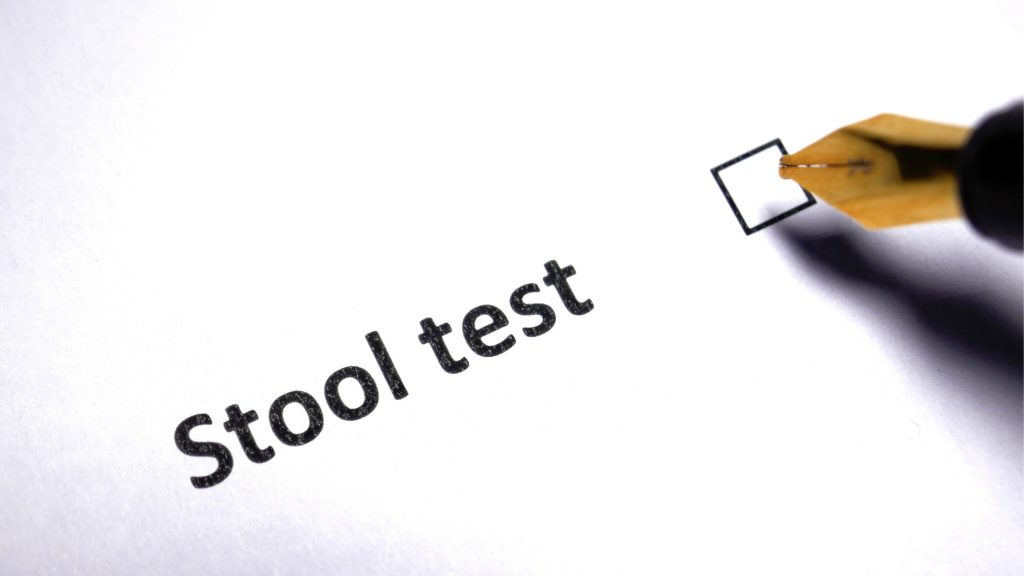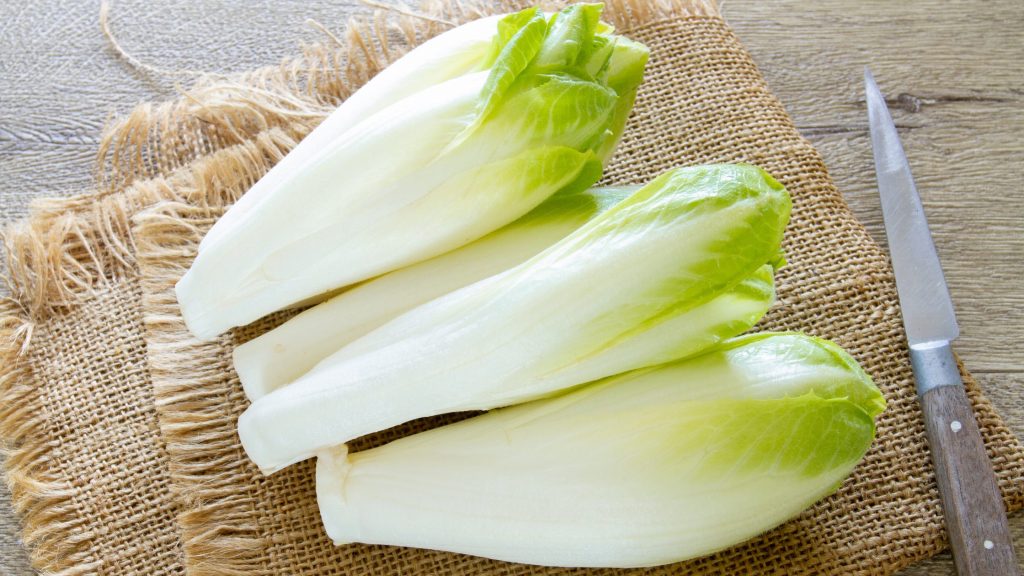Bloating is one of the most common symptoms experienced in perimenopause and menopause. If you used to suffer from bloating during your premenstrual week, it is more likely that you will also experience it as one of the symptoms of perimenopause and menopause.
Bloating is a feeling of tightness in the abdominal area and can last from a couple of hours to several days. You may also experience increased levels of wind or flatulence. It doesn’t look good, and it doesn’t feel good!
During perimenopause, the fluctuation of hormones can be one of the main leading factors in experiencing bloating; however, you must be aware that there are other causes of bloating, ranging from poor dietary habits to serious health problems.
If bloating persists for more than two weeks, you should visit the doctor to eliminate any underlying health issues, especially if your bloating is accompanied by abdominal pain, diarrhoea, vomiting or blood in the stool.
Continuous bloating can, in fact, be a sign of fibroids, prolapse, ovarian cancer, or Chron’s disease.
Bloating can also be a side effect of HRT. In a clinical trial with almost 900 women, 12% reported bloating as a side effect of taking progesterone, and 10% reported abdominal pain. Once again, if this is your case, contact your GP and discuss alternative forms of support.
Why do I feel bloated in perimenopause and menopause?
This is a question that I get asked many times by my clients and the women in my community “Weightloss, great energy and more focus” ( if you are not a member yet, make sure you join CLICK HERE)
Unfortunately, there isn’t a simple answer!
When more severe health issues have been excluded, the following are some of the main factors which can cause you to feel more bloated during perimenopause and menopause. Your bloating could be the consequence of one or several of these factors combined.

Slow digestion
When your estrogen levels fall, this has a negative effect on the motility of your gut which means that it will take longer for the waste from your digestion to be eliminated through the faeces. And the slowing down means that all the broken food and the residue left from what your body absorbed sit longer in the digestive tract, leading to more fermentation by gut bacteria. This fermentation process causes gas and bloating.
If you get up in the morning, move your bowels and feel great, but by the afternoon, it just feels like you’ve gone up about three sizes around the middle, this is indicative of digestive bloating.
Water retention
The hormone oestrogen is important for maintaining the correct amount of water and bile in the body. As levels begin to change, the body tends to store more water, making you feel bloated. In addition, the amount of bile produced alters – this affects the way you digest fats, leading to more wind or flatulence being produced in the digestive system.
Imbalanced gut bacteria
Falling oestrogen, certain dietary habits, some types of diets, antibiotic use, stress and many other factors can affect the balance of friendly bacteria in your digestive tract and might favour an overabundance of gas-producing bacteria (this imbalance is referred to as “gut dysbiosis”).
Sometimes excess bacteria can also migrate higher up in your small intestine and cause an overgrowth of bacteria in the small intestine (SIBO), which can cause bloating and distension higher up near the stomach area.

Stress
When you are stressed, your nervous system switches to the “fight or flight” response, and it will prioritise the systems which are most important to support in that moment of perceived danger.
And guess what? Your body does not think that digesting your food is vital!
Running away or fighting the threat is what is important now, and your nervous system will shut down your digestive system. I am sure this has happened to you before. For example, if after eating a meal, something stressful occurred, you experienced indigestion and discomfort.
Stress has an impact on our digestion by switching it off. Stopping and starting means that waste transit time is going to be a lot longer. This increases fermentation and gas forming, which translates into you feeling bloated.
Dehydration
If you are not properly hydrated, this leads to constipation which, of course, can cause bloating. And while it may seem counterintuitive to drink more water, when your body gets the hydration it finally needs, it lets go of the liquid it doesn’t.

Eating habits
Eating in front of the television, computer, or whilst scrolling on your social media … eating without registering what and how much you are eating…without tasting your food and without chewing properly… basically eating without being mindful, will slow down your digestion.
Maybe it will surprise you to read that digestion starts in your brain. The mere thought of food triggers the release of saliva and digestive juices in your stomach.
Saliva contains digestive enzymes, and chewing properly will break down the foods and create a larger surface area to be exposed to digestive enzymes facilitating optimal digestion.
This means better absorption of nutrients and a speedier elimination of waste. No waste stuck in your gut equals less bloating!
I hope I made my point about how important it is to dedicate time to eat slowly and mindfully.
Pre-existing digestive problems
If you enter perimenopause or menopause already being affected by digestive problems such as IBS or gastrointestinal disorders such as diverticulitis, ulcerative colitis etc., due to the hormonal changes, these might flare up again or worsen.

What can I do to decrease bloating and gas?
Depending on the reasons behind your bloating, there are several steps that you can take to support a flatter, more comfortable tummy.
Support your good gut bacteria.
Healthy gut bacteria are important for your digestion and also for hormone balance. To assess the health of your microbiome, you can do a functional stool test. If you want to know more about this, leave a comment and come back to me. Depending on the findings, there are different approaches and protocols to rebalance your gut flora.
Unfortunately, in some cases taking probiotics can make things worse. If your intestinal microbiome is already over-abundant, taking extra probiotics won’t help with bloating, it can make it worst. So be aware of this, if you wish to try a course of probiotics, monitor how these make you feel.
Ease constipation
Your hormones, once they have been used, get packaged up in the liver and sent to be eliminated through the faeces. You use them and lose them! And this maintains a healthy balance.
It’s really important that you do not get constipated because this can contribute to all the hormonal imbalances already going on in the body during perimenopause. Constipation is even a bigger no-no in perimenopause and menopause!
Stress reduction
As I have explained before in this blog, if you are stressed, your digestion gets shut down with the consequent bloating and gas formation.
It is important that you find some simple tools to distress during the day to rebalance your nervous system into a rest and digest mode. Even a simple deep, belly breathing exercise practised for a few minutes can help you achieve this. CLICK HERE to download my guide.
You don’t have to live like a Tibetan monk. There are tools that can be easily slotted into your busy day. Read THIS BLOG to find out some effective and simple destressing techniques.

Walk!
A brisk walk after your meals can really support your digestion by stimulating peristalsis ( a series of wave-like muscle contractions that move food through the digestive tract).
Another added benefit of walking after your main meals is that it will support a healthy blood sugar balance.
Yoga
Some of the popular Yoga poses such as “Happy Baby”, “Spinal Twist”, “Low Lounge”, “Forward Fold”, and Child’s Pose” encourage the elimination of gas and will ease bloating.
Table etiquette
For the reasons explained earlier in this blog, make sure to make mealtime a mindful experience. Eat away from your PC, telephone, and TV. Sit down in a quiet spot and just eat! Do not multi-task when eating ! Chew your food properly and engage all your senses in the eating experience.
Drink away from your main meals
Drinking too much liquid during a meal dilutes your digestive juices, and that’s going to affect your digestion. Make sure to drink throughout the day to keep optimal hydration but during a meal, limit your amount and favour plain water.

Bitter herbs and foods
Bitter-tasting foods stimulate your digestive juices and bile secretions. This, in turn, aids digestion.
Include in your main meal some of the following: fennel, endive, chicory, dandelion, rocket, ginger, dill, kale, bitter melon and artichokes.
Identify and eliminate food triggers
Through the many years of my clinical practice, I have observed that a large majority of women get bloated after they have a meal containing refined carbohydrates such as white pasta, white rice, and bread.
When guided through a low-carb eating style, they felt much better (note that I said low carbs, NOT no carbs).
Other foods and drinks can contribute to bloating and gas – beans, soft cheese fatty foods, carbonated drinks, and dairy in general. Cruciferous vegetables such as Brussels sprouts, broccoli, cabbage, and cauliflower can also trigger excess gas in some people, but they are super healthy vegetables, so I advise that you test them one by one to understand if, in your case, they are indeed a trigger.
Alcohol and caffeine can have an adverse effect on the digestive system, so mind the frequency and amount.

Are there supplements that can help with bloating?
Agnus castus for PMS bloating
If you are still menstruating and you do suffer from PMS bloating, Agnus Castus can help. Please note that if you are on hormonal contraceptives, Agnus Castus is not suitable for you.
If you are in menopause, soy isoflavones supplements, which can ease many menopausal symptoms (MenoSupport by Cytoplan is an example ), could also be beneficial in reducing bloating.
However, please note that soy isoflavones cannot be taken alongside HRT, nor are they suitable for women who have suffered or are suffering from estrogen-related health conditions – nor are they suitable for women with a family history of such conditions. Always consult with a qualified nutritional therapist or your GP before you decide to take any supplements.
Digestive enzymes
You can take digestive enzymes in capsule form. They help your digestive system to promptly break down protein, fats and carbs so that they can be absorbed and utilised as they should rather than staying for longer in your digestive tract leading to fermentation and malabsorption.
Bitters
If you don’t like to eat bitters food, you can take a bitter supplement at the beginning of your main meals. A good bitter combination should include artichoke, fennel, milk thistle, olive leaf, dandelion, bitter melon, gentian root and ginger.
Activated charcoal
Activated charcoal works by absorbing gas in the digestive system. You must take it on an empty stomach, in between meals, with a large glass of water.
One factor that you should bear in mind is that activated charcoal doesn’t just absorb gas; it can also absorb other medications present in the gut. Consequently, if you’re taking prescription medications, you may want to consider avoiding activated charcoal or taking it some time away from the medicinal dose.
I hope you did find this information helpful. Remember this content is for information only, and you should always consult your Doctor or a qualified NT when making changes to your diet and/or taking supplements.
If you want help addressing your symptoms, you can book a FREE discovery call with me, CLICK HERE.
With love, energy and care






0 Comments